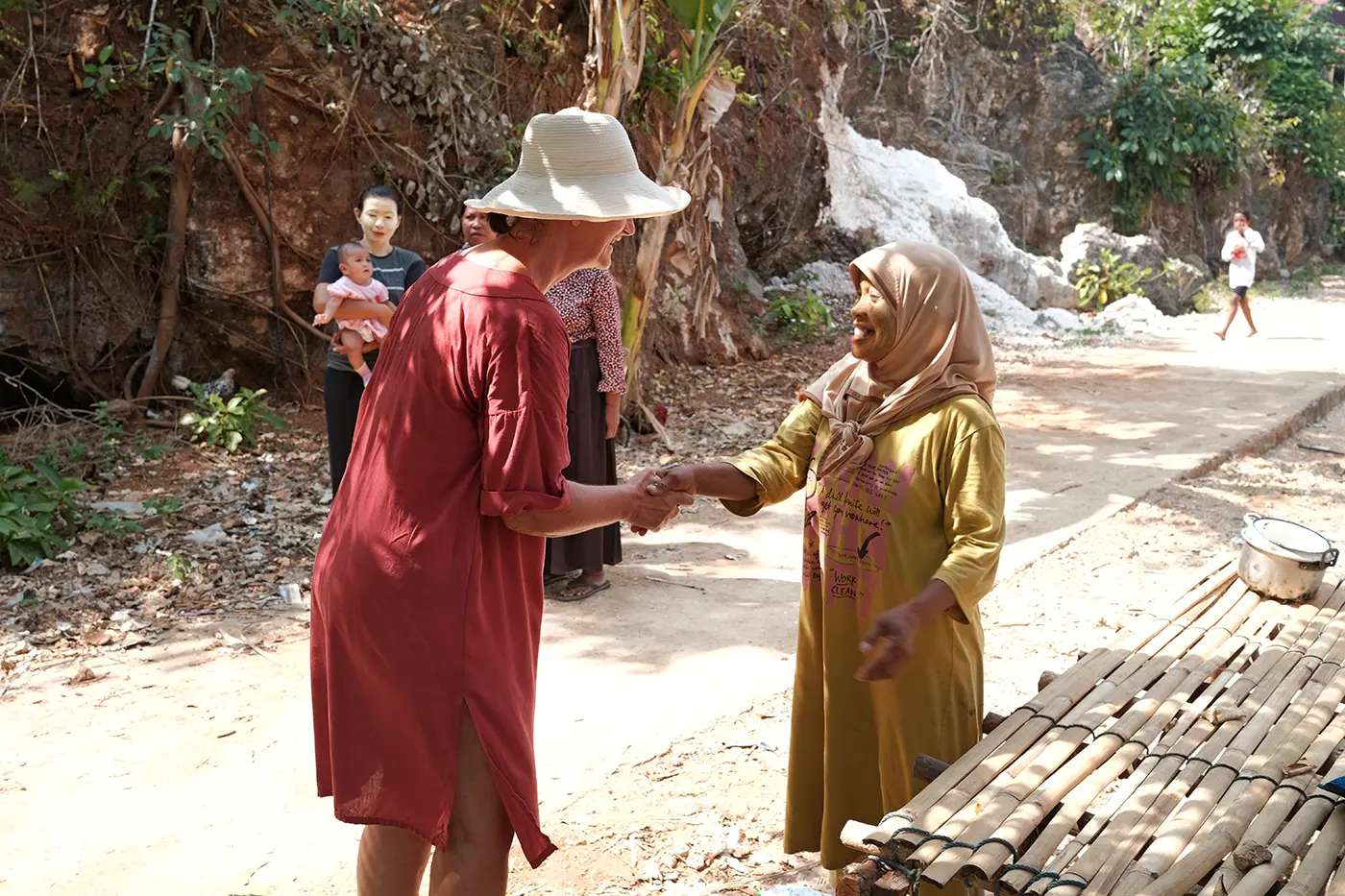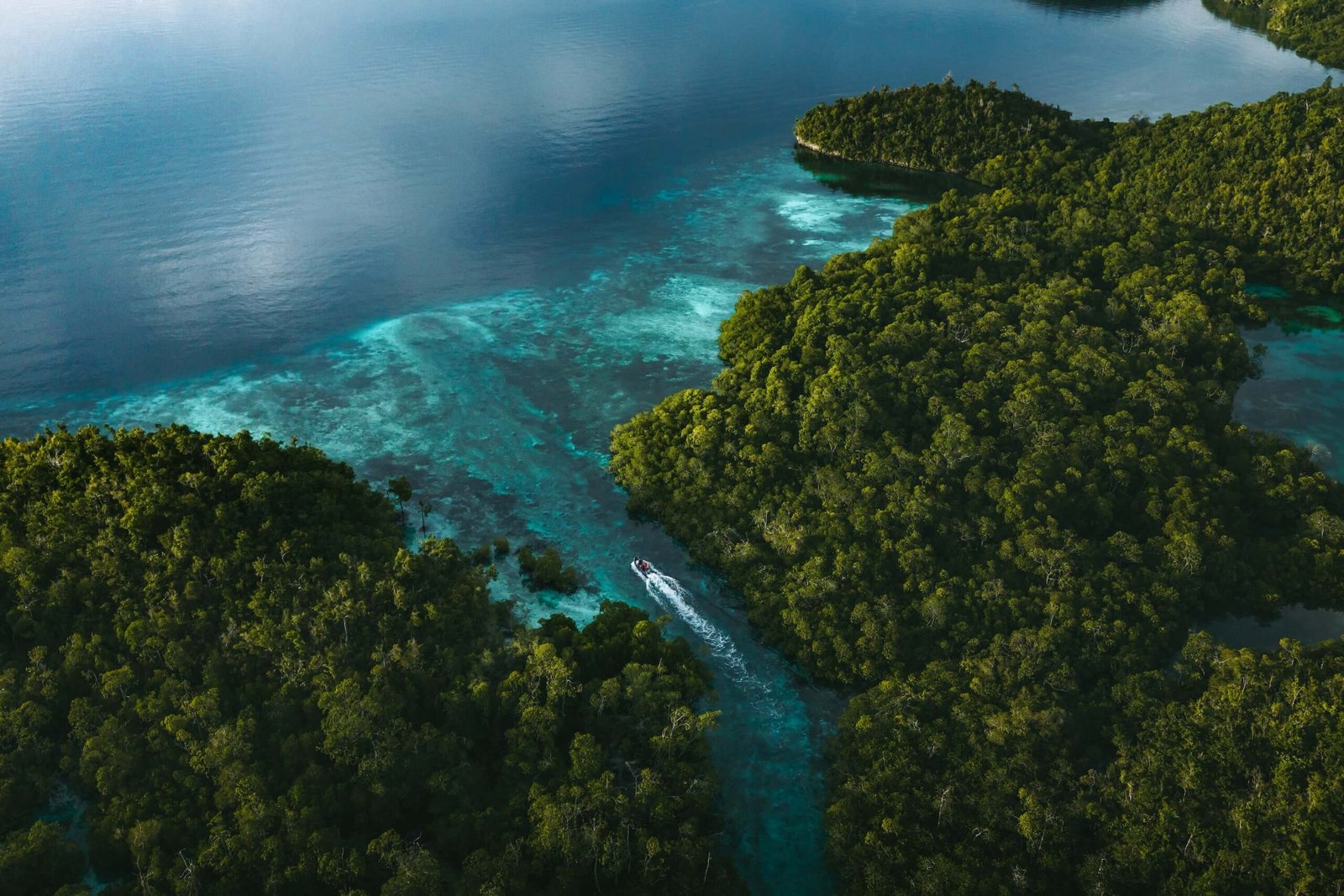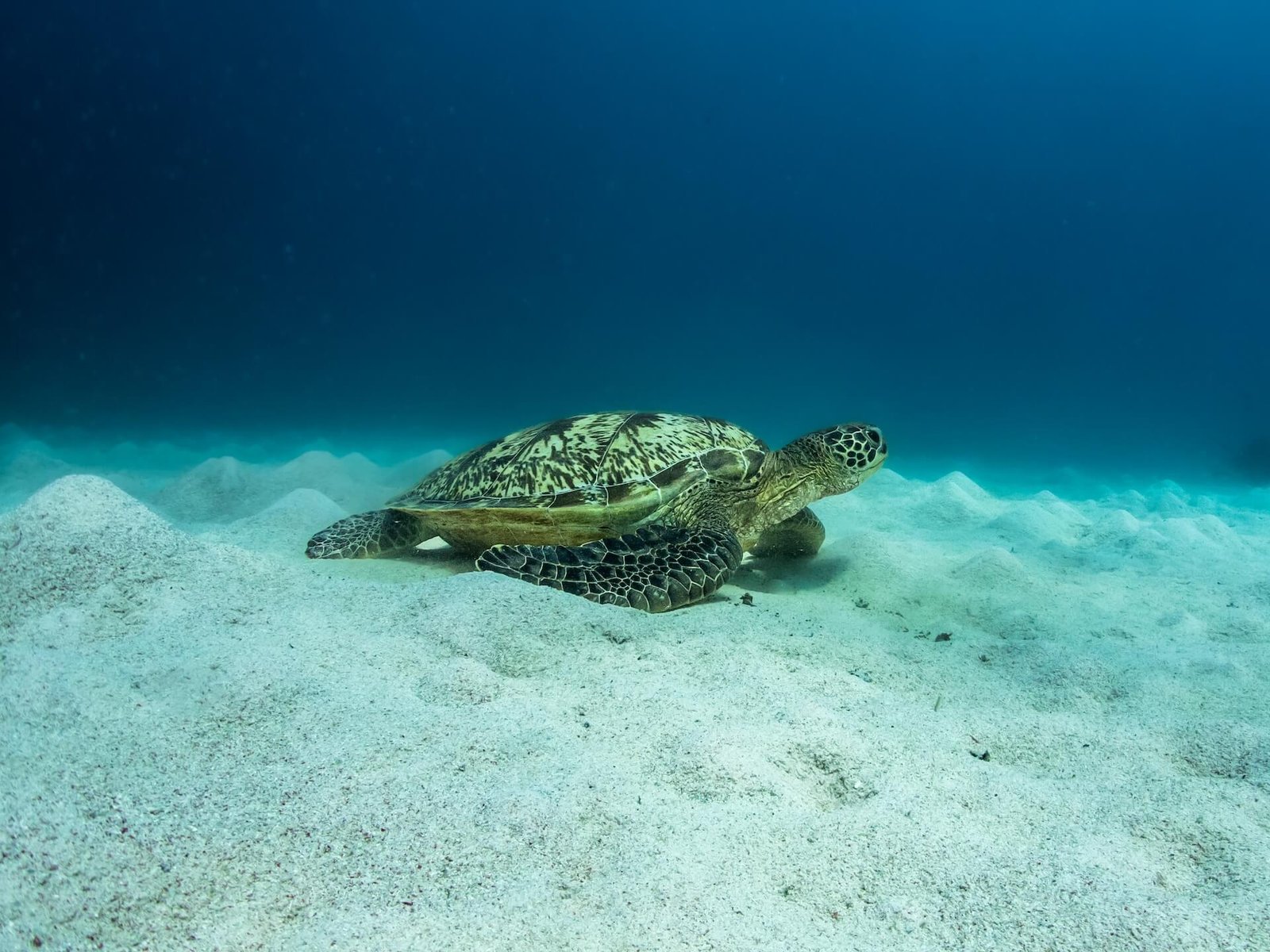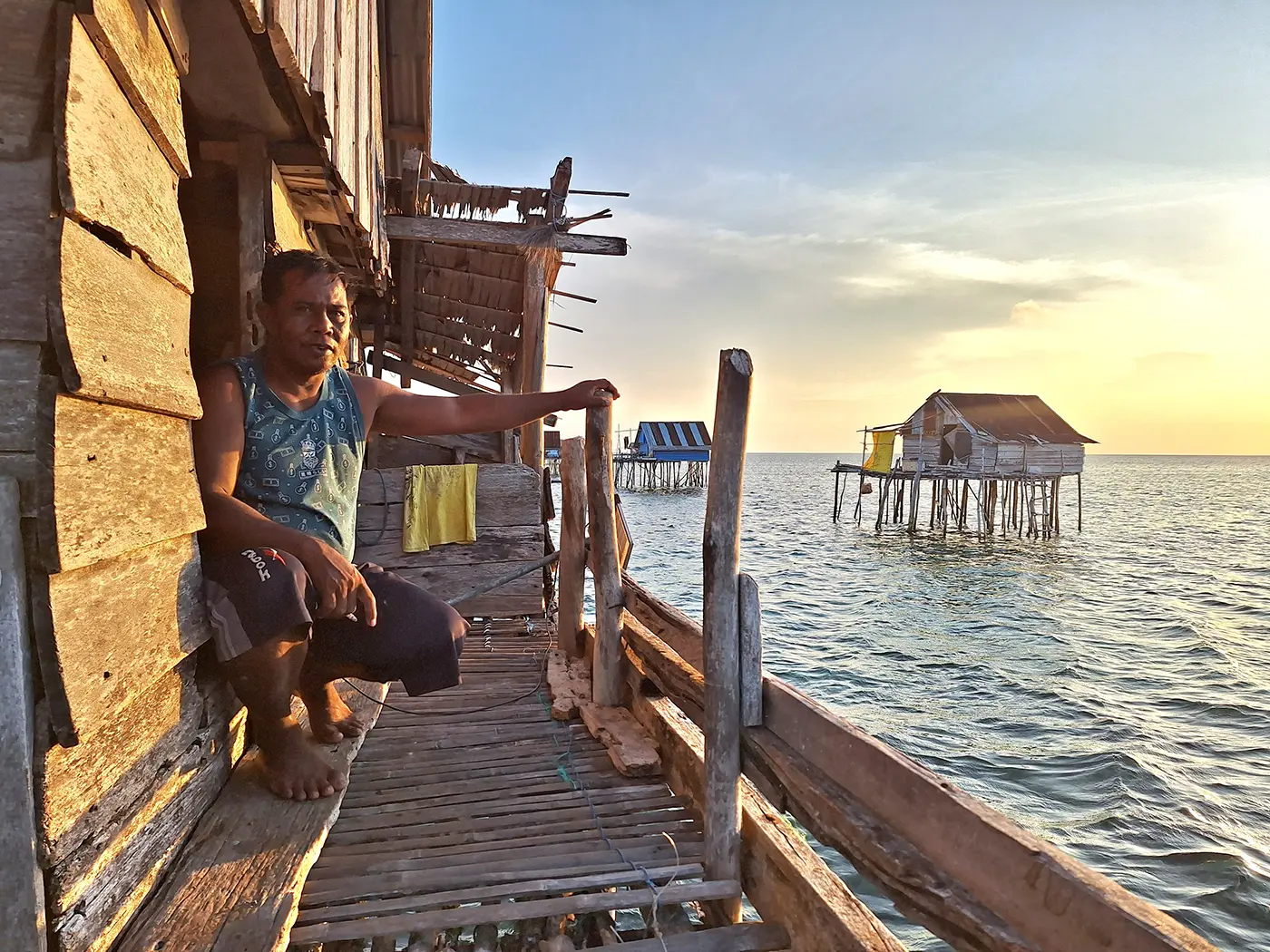At Nomad Archipelago, our journeys are shaped not only by the sea but by the stories that have long travelled with it. As we sail through the scattered islands of Indonesia, we pass through waters that have cradled cultures for centuries—cultures shaped by the currents, the stars, and the quiet knowledge of those who live in rhythm with the ocean. Among these communities are the Bajau, often called the sea nomads—a people whose lives, like ours, are guided by the water.
Aboard our liveaboards, we travel not just through remote archipelagos like Banggai, but through memory, myth, and maritime tradition. One such story, still told in hushed tones across the islands, tells of a lost princess, and of the people who never stopped searching for her.
The Bajau: A Life Spent at Sea
The Bajau are known across Southeast Asia as the sea nomads—an ocean-going people whose deep connection to the water is both practical and spiritual. Numbering over a million, they are found throughout the waters of Indonesia, Malaysia, and the Philippines. Historically, many Bajau lived aboard houseboats, raising families and catching their food entirely at sea. Today, while many have settled in stilted villages above the shallows, their connection to the ocean remains at the centre of their identity.
The sea is their home, their history, and their livelihood. It shapes how they move, how they fish, how they relate to one another—and how they understand the world. This quiet, generational relationship with the ocean is one we honour aboard the Bugis and the Bajau, where each journey is designed to slow down and connect more deeply with the places and cultures we pass through.
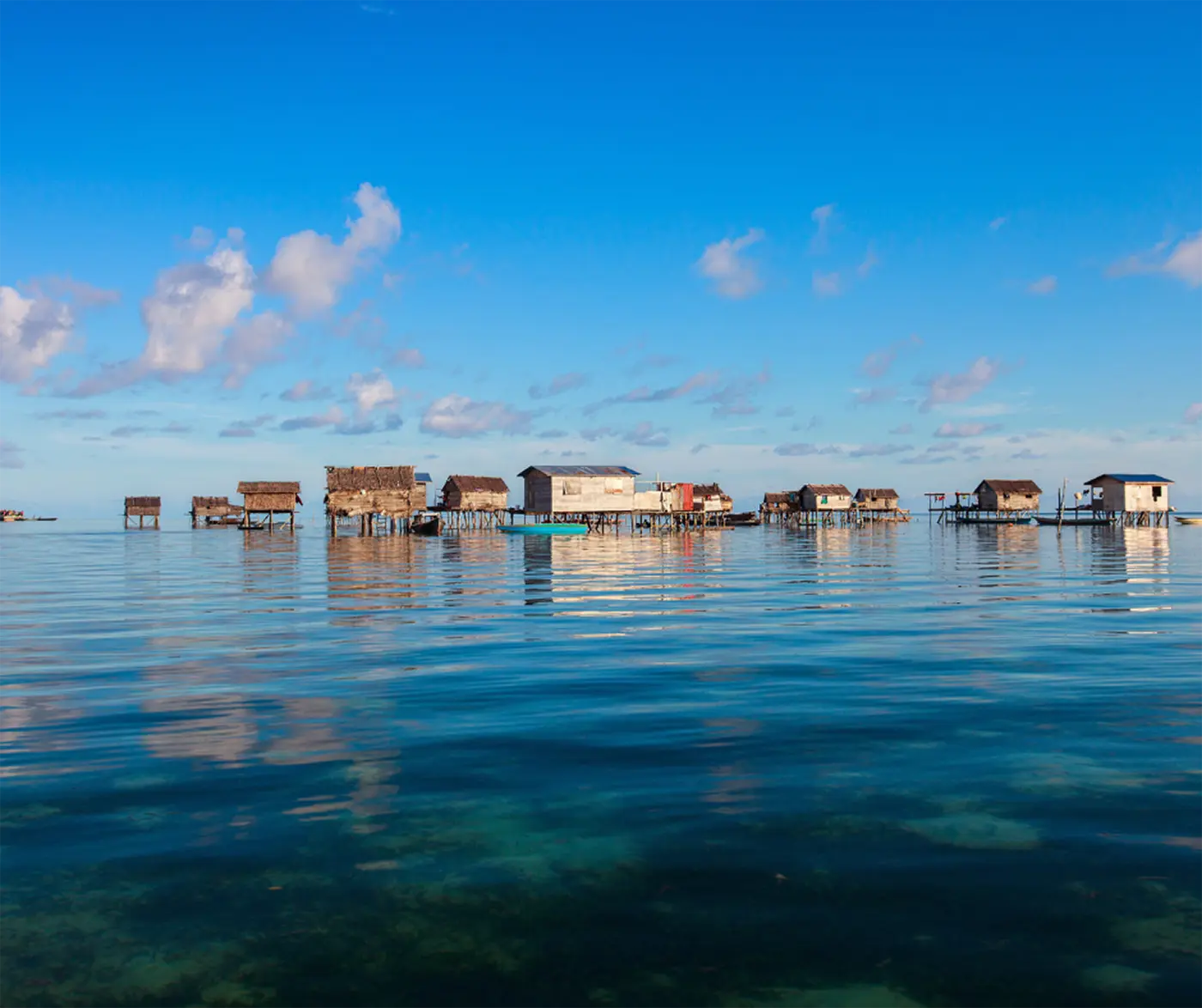
The Lost Princess and the Sea People
Among the legends carried across the sea by the Bajau, few are more enduring than the story of the lost princess. As it is told, a young royal was playing on a beach in the Sultanate of Johor when she was swept away by the tide. The Sultan, heartbroken, sent the Bajau—then loyal to his court—across the seas to find her.
They searched far and wide, crossing into the waters of what is now the Indonesian archipelago and the southern Philippines. When the search yielded no trace, the Bajau chose not to return, instead remaining at sea—still watching, still listening, still remembering.
Years later, in Sulawesi, a prince from the Sultanate of Gowa fell in love with a woman whose origins were unknown. Her voice, when heard reciting poetry, revealed her identity to passing Bajau. She was, they said, the lost princess. The prince welcomed her people with honour, and granted them the right to settle along his coasts.
From that moment, Bajau communities began to root themselves in places like Banggai, Togian, and Wakatobi—regions we now pass through on our own journeys. Their connection to these islands, and the waters around them, has endured ever since.
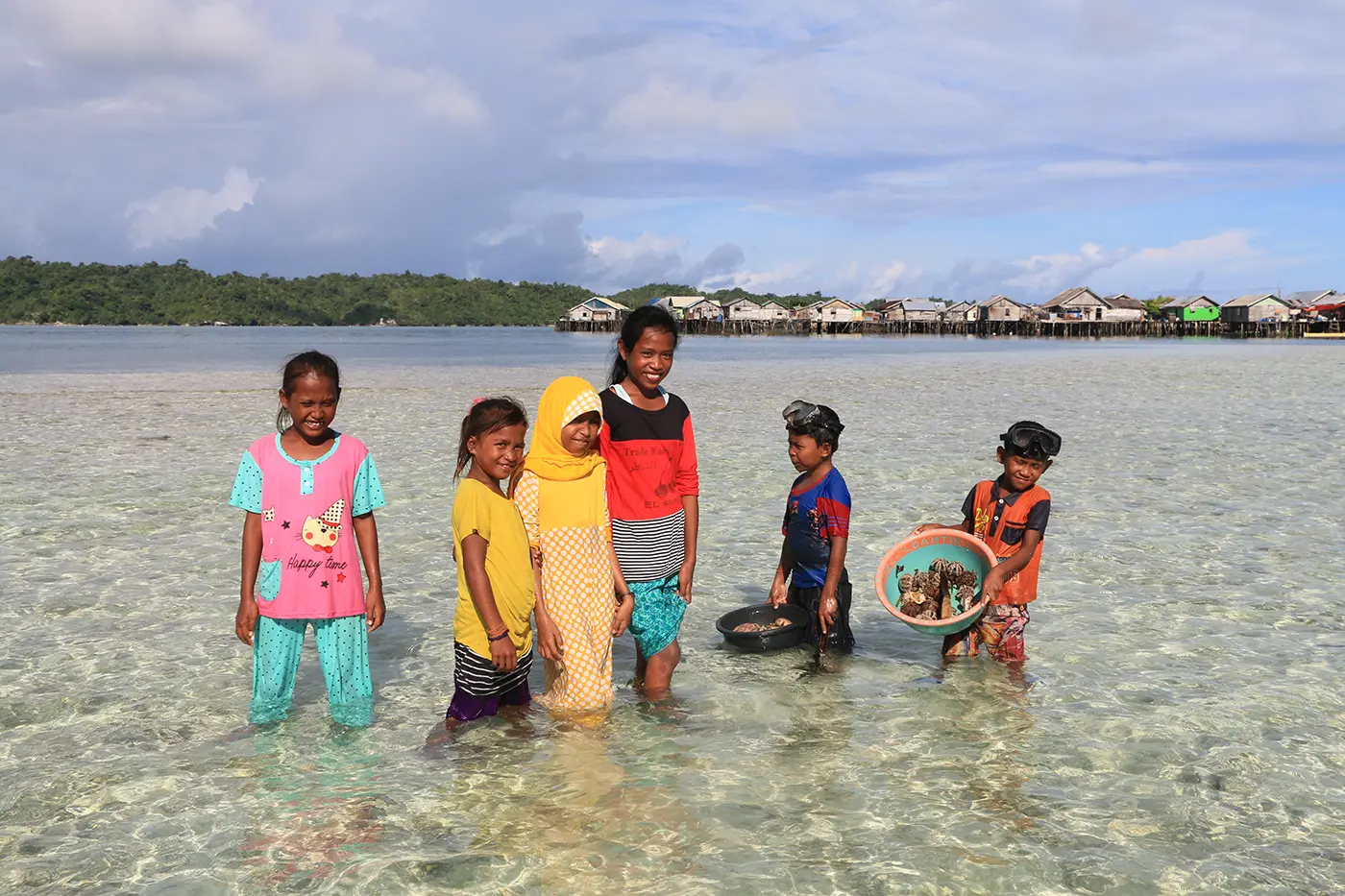
A Culture Carried by the Currents
To this day, the Bajau continue to live in close connection with the sea. While their houseboats have mostly been replaced by homes built on stilts, many still make their living from the ocean—free-diving for fish, sea cucumbers, and shells, trading between islands, and navigating using techniques passed down through generations.
Their ability to dive without modern equipment, to read the sea’s movement and mood, and to live lightly upon it, is a quiet mastery few can match. It’s this deep relationship with the water that our own approach to travel echoes—intentional, respectful, and shaped by the environment rather than against it.
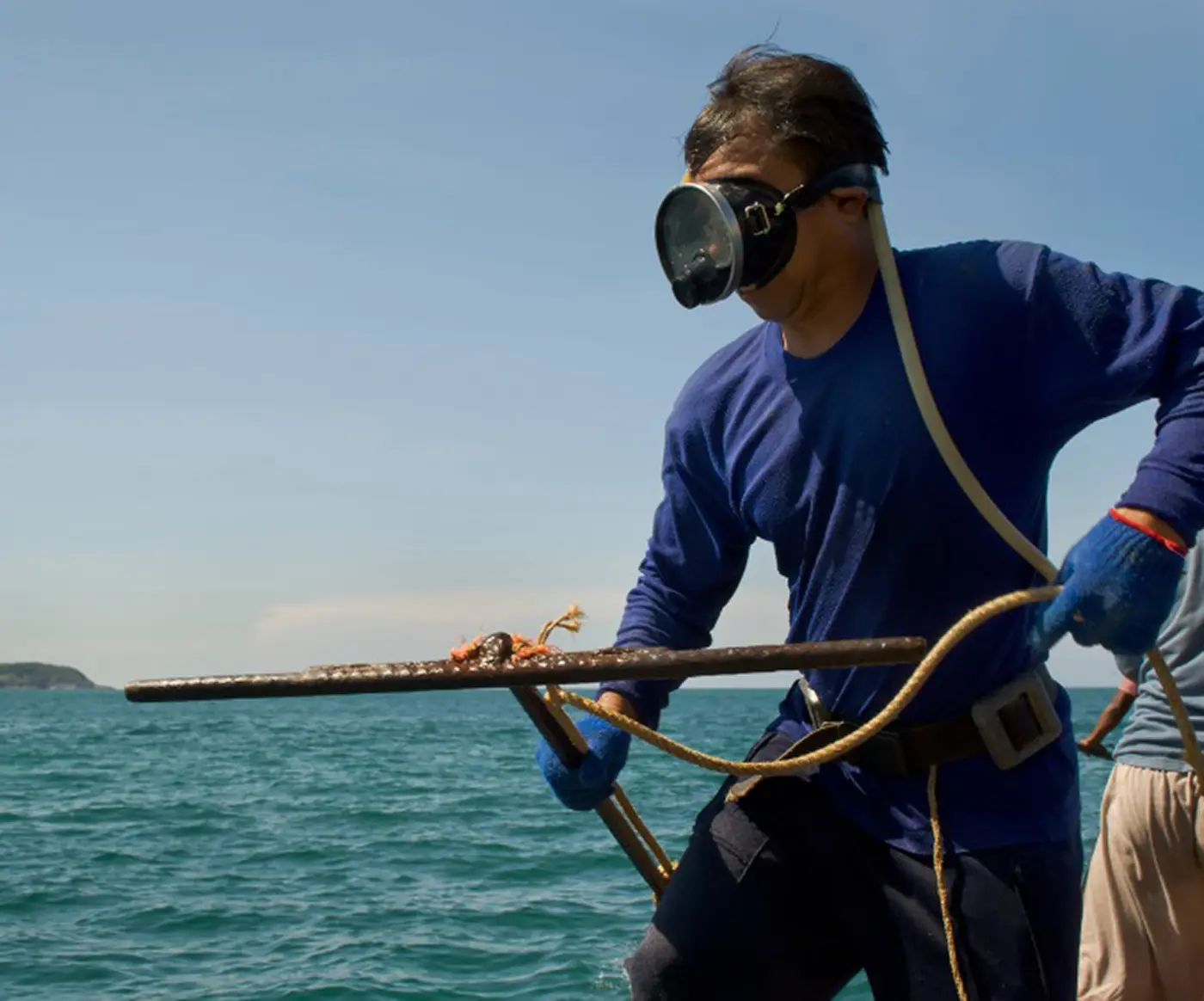
The Bugis & the Bajau: Names That Carry History
The names of our two vessels—the Bugis and the Bajau—carry the weight of history and the spirit of exploration. While the Bajau gave themselves to the sea, the Bugis carved paths across it. These master sailors, also from Sulawesi, built Phinisi schooners and traded across the region, carrying spices, textiles, and stories from island to island.
The Bugis were traders, the Bajau were fishers—but their lives intertwined. One supplied the goods of the reef, the other delivered them across the seas. Together, they mapped a maritime world rich in connection and commerce. Aboard Nomad Archipelago, we retrace those ancient routes, not in pursuit of trade, but in search of understanding, beauty, and time well spent.
Protecting a Way of Life
Though untouched for centuries by colonial powers—whose ships were too large to pass through the reefs—the Bajau now face modern challenges. Climate change, industrial fishing, and shifting economies threaten their traditions and their relationship with the ocean.
Through our work with partners like the Blue Alliance, and through our own Reef Positive initiative, we are committed to supporting local communities and preserving the marine ecosystems that sustain them. By travelling consciously, and choosing to explore with purpose, you help contribute to that mission.
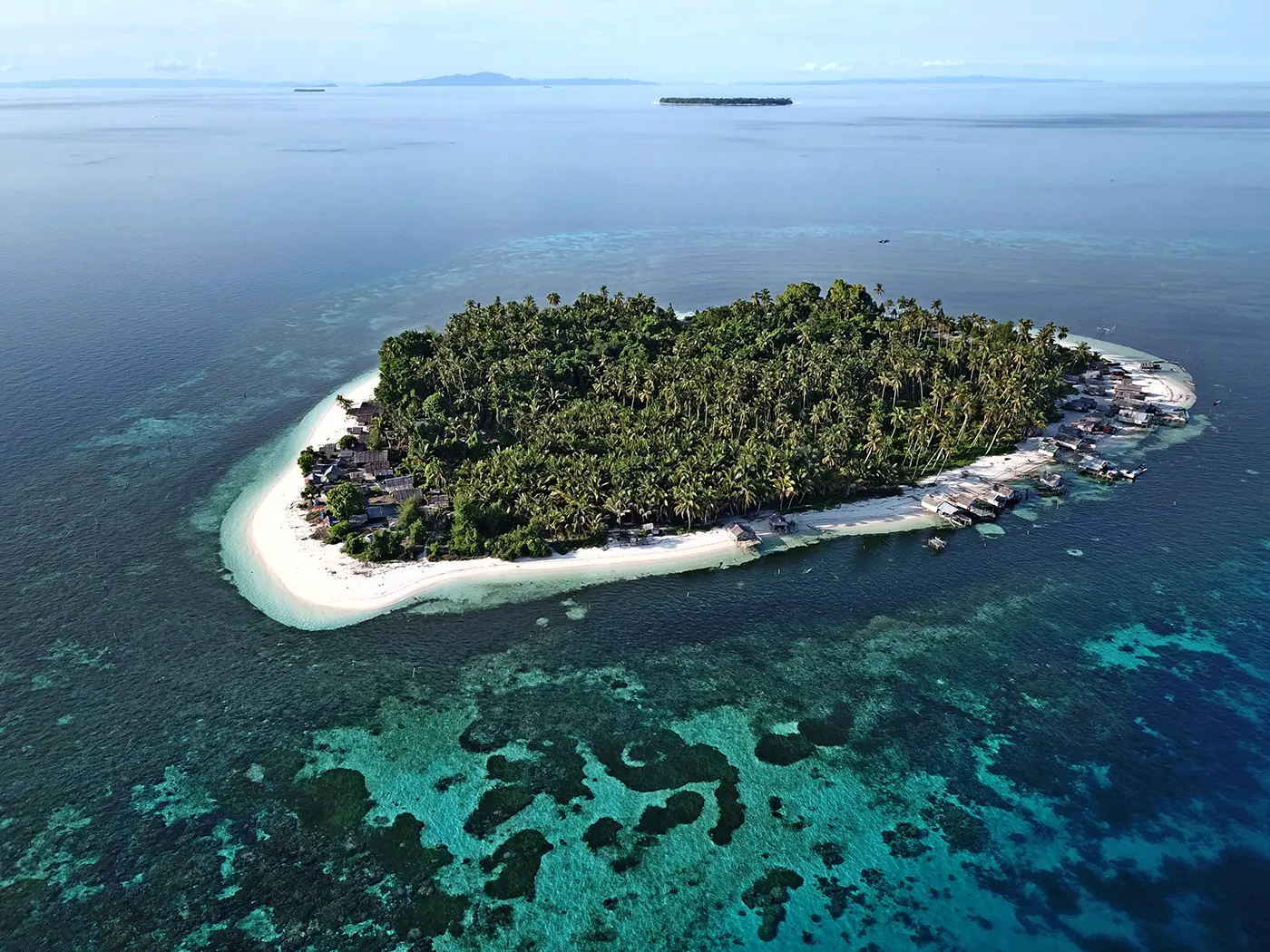
Travelling in the Wake of Stories
Every Nomad Archipelago voyage is more than a trip—it’s an immersion into the living stories of the sea. From the villages on stilts to the coral reefs below, the legacy of the Bajau is present in everything we encounter. Their knowledge, resilience, and reverence for the ocean inspire how we move, how we explore, and how we connect.
As we journey through the islands—snorkelling above reefs, anchoring in quiet bays, and listening to the night fall over the water—we carry those stories with us. Not as legends, but as living reminders of how to travel with care, listen more closely, and move more slowly through this remarkable corner of the world.
